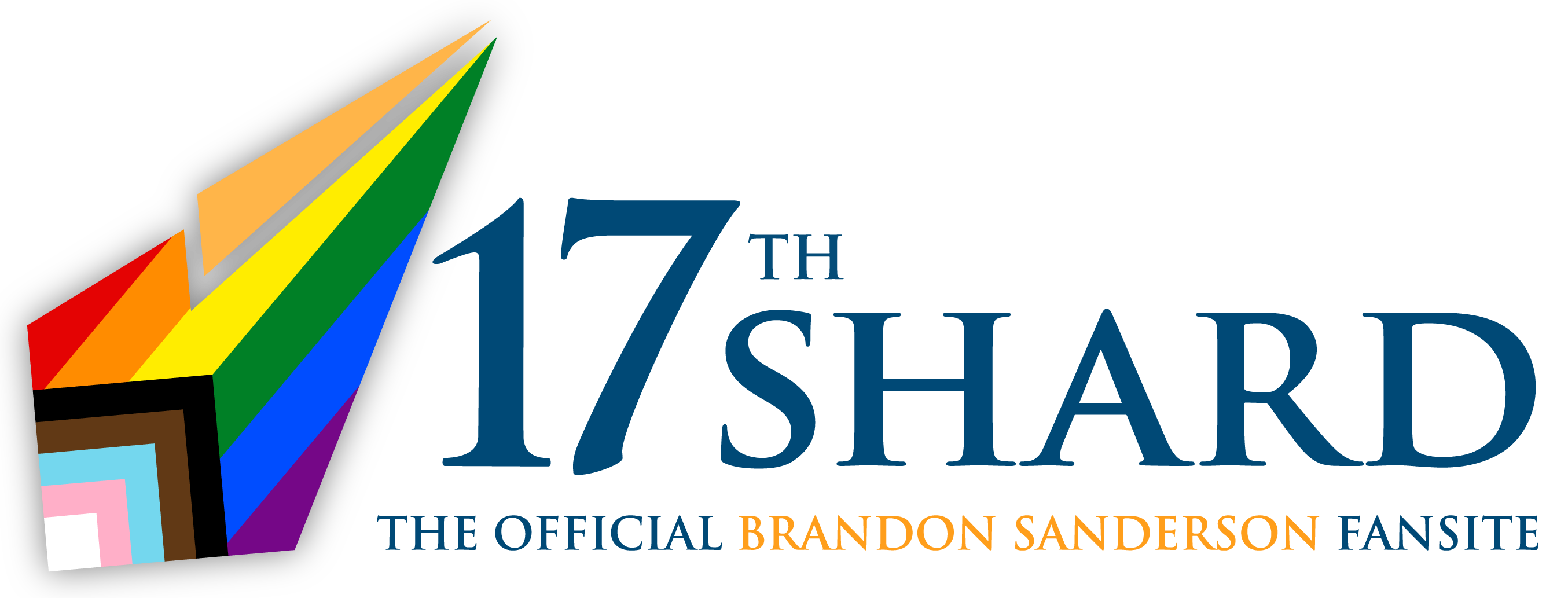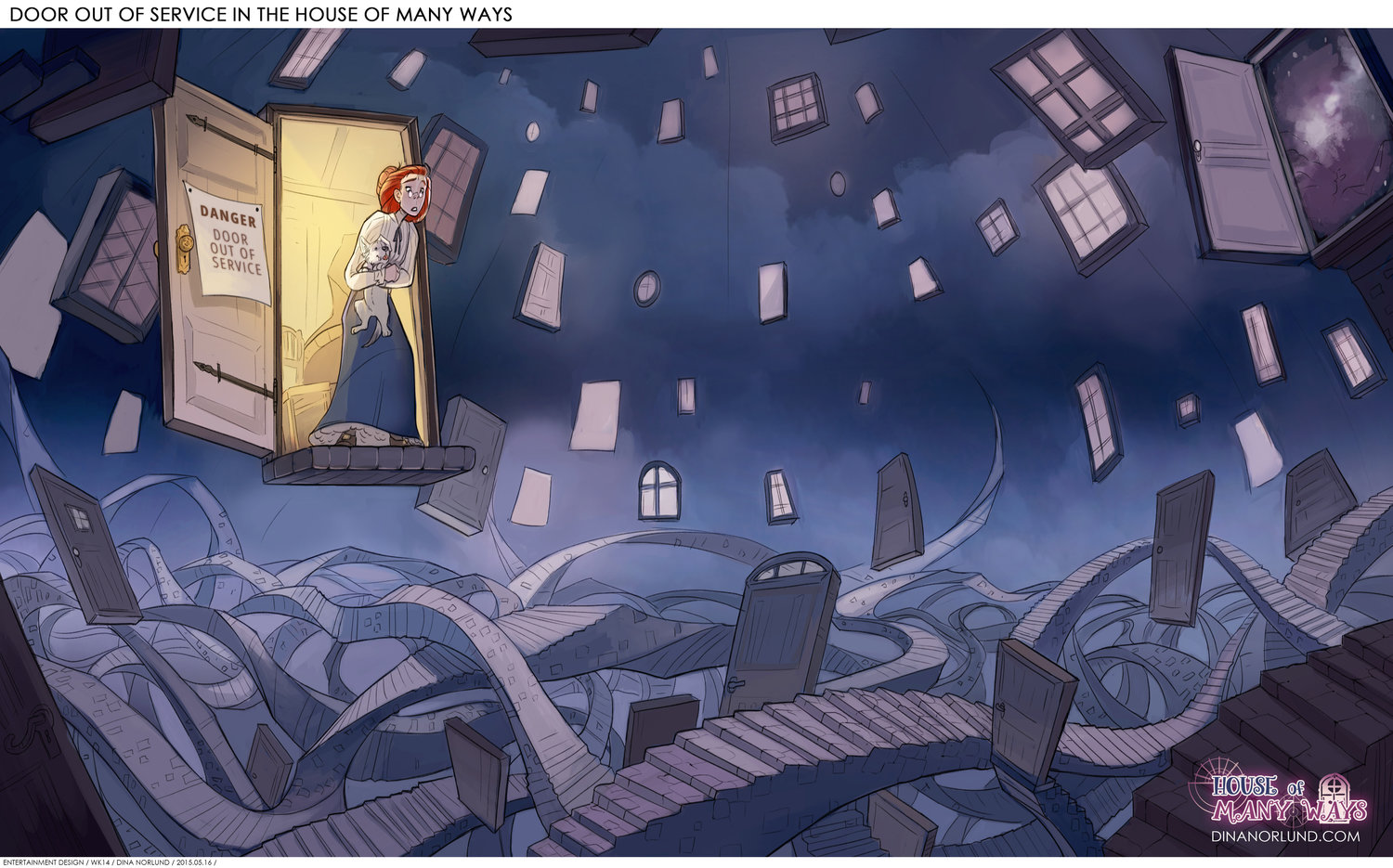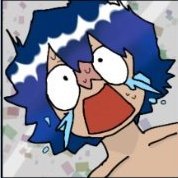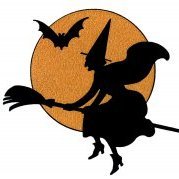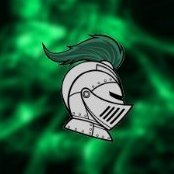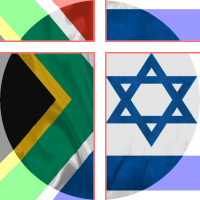-
Posts
1333 -
Joined
-
Last visited
Trutharchivist's Achievements
708
Reputation
Single Status Update
See all updates by Trutharchivist
-
So, hello and welcome (again) to my irregular status updates! If you've been expecting an update on my personal state regarding the war after it lasted for two months - ha ha, you've been had, it's actually just me trying to return to the regular Jewish holidays SUs! Hope you enjoy that. (A summary is at the end.)
Anyway, the next holiday starts tomorrow evening and is one you all know and love (maybe) - Hannukah. Or, Chanukah, or one of the other ways to spell it in English. Did I ever tell you that I hate transliteration? Anyway, I say "you all know" due to an interesting cultural fenomenon where, due to it coinciding at around the time of Christmas (this time actually two and a half weeks earlier, but who's counting?), it became the Jewish equivalent of Christmas in the eyes of the average American. At least it looks like it, what with all the inclusive Hannukah specials in TV shows or random slight showcases of Jews lighting menoras in Christmas specials. And while some claim that the time coinciding is no coincidence, and there are a couple of things I can cite on that topic relating to the winter solstice, I'm going to refrain from that and talk about Hannukah from an average Jewish perspective - meaning, not much scholarly stuff.
So, Hannukah is the last holiday added to the Jewish calendar that was accepted by the majority. That would be the majority of Pharisee Jews, probably, possibly, 2nd Temple sects are a thing I don't really want to get into. Basically, all Rabbinic Judaism accepts it as a holiday - unlike, say, Israel's Independence Day. It's the only holiday not mentioned in the Tanakh - because the book of Maccabees isn't part of the Jewish Biblical canon, though this isn't saying much on whether it might be historically true. (Umm, did I say no scholarly stuff? Well, umm, sorry, that probably doesn't count.) This makes it kind of unique - and it's considered alike to Purim, a holiday I'll get to in three and a half months, in that both aren't from the Pentateuch. Those are the d'rabanan holidays, the holidays from the Sages, and they're considered as somewhat lesser holidays. But that's the technical part, what's the story of the holiday? Historical event?
What is Hannukah? Well, the Sages inculcated [surprisingly good translation, though outside of daily use]: in the 25th of Kislev those are the days of Hannukah. Those are eight, during which one is not allowed to eulogize or fast. Because when the Greeks [actually Seleucids and Hellenists, but let's run with that] entered the Sanctuary, they made all the oil there ritually unclean. And when the Hasmoneans overcame them and emerged victorious, they looked all over and found just one little cruse of oil with the seal of the High Priest on it. There was only enough oil to light the Temple's Menorah for one day in there, but there was a miracle and it sufficed for eight days, and in the next year they made those holidays of praise and thanks to G-d.
This, more or less, is what the Talmud has to say on Hanukkah. Something is kind of missing from this Talmudic paragraph. I mean, "when the Hasmoneans overcame and emerged victorious" - what happened? Are we going to just... Gloss over how a couple of peasants overthrew one of the greatest empires of their time off their backs?
The clear answer is yes. Yes we are. Kind of. You see, basically all the other sources for the holiday actually talk more about the miraculous victory and the tactical genius of Judah Maccabee and his brothers. What everyone seems to agree on is that the holiday was made for the rededication of the Temple after the Seleucids destroyed it - but let's draw back for a second. What was the Seleucids' story? And why did the Hasmoneans feel the need to rebel against them?
So, we are taken back a couple of decades, to the time of Alexander the Great. I hope you know enough about history to remember his conquests - basically, this area was Yahud Medinta as a part of the Persian Empire, and was conquered when he defeated the Persians. I could make another SU about Alexander in Jewish literature, but that's not very relevant. In short, he didn't destroy the Temple - which should be enough for you to understand the state of affairs. I assume you all know the story of his inheritance, so I'll just say that two of his inheritors are of some interest to us: Seleucus and Ptolemy, who got the area of Persia and Egypt, respectively - both were great empires in their time.
So, the area that was Yahud Medinata until recently was now right between those two, and both wanted it, since it's basically the bridge between Africa and Asia and a commercial crossroad. What follows is, of course, war. It was long lasting, and the area was transferred a couple of times. In the meantime, there was some cultural effect on the area - some Jews really liked the modern Hellenistic culture. Oh, and the High Priests could buy their position from the current ruler, for one reason or another. Anyway, it came to be that Antiochus the 3rd conquered the area once more for the Seleucids, died and left the land to his son, Antiochus 4th Epiphanes. And Antiochus 4th thought that, well, this Jewish culture isn't really fun. They should all be a part of the great Hellenistic culture! So, he started giving decrees against barbaric things Jews did, like circumcision, keeping the Shabbat, keeping their calender etc. Not getting into every detail right now, but at some point, after too many uprisings from the more religiously-inclined Jews, Antiochus more or less destroyed the Temple. I mean, he left most of the building standing (I think) but it was definitely not whole anymore. Surprisingly enough, that's not the event that supposedly started the rebellion. You see, Antiochus now came to the conclusion he should force the Jews to be polytheists, like every civilised person of the time. So he tried forcing them to stop worshipping their one G-d and start worshipping others.
In a village somewhere in Judea, there lived a family of priests, known as the Hasmoneans - Matityahu son of Yohanan and his five sons. Matityahu was apparently the village elder, and was told to sacrifice a pig to some idol. He refused to commit such an act against his faith, so another Jewish villager, who probably liked Hellenism and didn't understand what the fuss was all about, decided to go sacrifice the pig in Matityahu's place. It... Did not end well for him.
Matityahu is said to have taken a sword and kill the guy trying to make the sacrifice, then turning on the soldiers and calling to all the pious people, those who still follow G-d's commandments, to his aid. And they came, and started a guerilla war against the Seleucids.
I won't get into detail here. Suffice to say Matityahu died of old age and left Judah in charge. And Judah was a great tactician... Or strategist? Maybe both? Not sure about the difference. Anyway, he led the war effort pretty well. And eventually, he made it to Jerusalem and freed it, and went to the Temple mount to find the Temple in shambles. So he and his followers worked, and eventually got the Temple into shape again, celebrating its rededication in the 25th of Kislev for eight days - as many as the days of Sukkot.
But Arch, I hear you asking, didn't you say that the eight days thing was because of the oil lasting for longer than expected? Well, yes I did. I also said that this miracle was oddly absent from other sources. Not the point, though - this miracle is very important. I'll leave it at "the Book of Maccabees says it was because of Sukkot" and move on.
So, the Menorah at the Temple. Why did they start with it? And why is the oil so important? What is the Menorah, anyway?
Well, I can't really answer all these questions, because it's not completely clear. But I'll try, starting with what the Menorah is.
The Menorah is a candelabra, more or less, only with all its seven candle holders in line, at the same height, with the same curve, made of gold. Just look it up, it's not very hard to find. Just make sure you're looking at the Temple's Menorah and not a Hanukkah one - the difference would be the number of candle holders. The original one was made by Moshe in the desert, but the one the Hasmoneans lit wasn't it. Without getting into whether it was ever returned from Babylon, the Seleucids definitely took the Menorah that was in the 2nd Temple - because it was a shiny golden thing. So, the Hasmoneans had to make one from iron rods.
Now, the oil for the Menorah has to be specifically olive oil of the best quality, of which there isn't much. Plus being ritually pure is kind of a requirement. There are still plenty of questions over there, like why the Menorah was so important zince it wasn't the only thing in the Temple that was tended to daily. But I'm not going to get into all those right now, because this SU is getting long and I really should get to the end of it.
What more is left to say? This victory wasn't the last of the Hasmoneans' effort. You better believe founding an independent kingdom between two quasi-empires isn't easy, and they probably had Roman support at some point. None of the sons of Matityahu lived to die of old age as he did - at least two of them died in battle, and one was assassinated. They continued ruling the area for a time, until infighting turned them into a Roman province. But that's far later.
One may wonder at the meaning behind the holiday. It can be success against all odds and independence, or it can be all about stocking to faith even in times of darkness. Or, well, it's probably actually both. Secular Jews tend to glorify the military side more, though, and religious Jews tend to go the other way - which may be seen in the difference between the Talmud and the Book of Maccabees. So there's that.
How is this holiday celebrated? What are its practices? Well, the central commandment of the holiday - the (so to speak) equivalent to unleavened bread in Pesach and leaf huts in Sukkot, so to speak - is lighting candles each evening. It's not from the Torah (since, you know, nothing in this holiday is), but from the Sages - making it one of the seven commandments they added. Technically, one candle each evening for a house is enough, but as an addition to the regular terms one can have a candle for each person in the house, and as a further addition (with a disagreement of whether it's instead of the first addition or in addition to it) one can add a candle for each evening - lighting two candles on the second day, three on the third and so on. The candles should be lit at night (or, well, you can light them earlier as long as they have enough fuel to stay lit for half an hour after dark), on the outside of the door so people can see them - windows are also fine, though it shouldn't be too high for passersby to see. Most people light in menorahs of nine candles - with the ninth being there for light, as it is forbidden to use or enjoy the light of the Hannukah candles. There are blessings for lighting the candles, but that's a regular thing for many commandments so I won't elaborate. There are two traditional sings basically everyone sings after lighting the candles - one from an ancient rabbinic source (probably from after the time of the Talmud) called Ha'Nerot Halalu (lit. These Candles) talking about why we light the candles and mentioning it's forbidden to use them, and the other is an actual song called Ma'oz Tzur Yeshu'ati (lit. O Mighty Stronghold of My Salvation. It works way better in Hebrew) basically laying out a list of historical trouble the Jewish people had and how G-d saved us, and asking for him to save us from our current trouble and bring the Messiah. In the morning we say the Hallel (Psalms 113-118) and read from the Torah about the dedication of the Tabernacle (the stuff in Numbers, not Exodus or Leviticus) - the predecessor of the Temple. At the Shabbat that occurs in the holiday (since it's eight days, there's always at least one), we light the candles before Shabbat enters, read the regular portion of the Torah (something I didn't elaborate on yet due to the war) but change the portion from the Prophets - reading a part from Zechariah talking about a golden Menorah. If there is another Shabbat we read at it the dedication of King Solomon's Temple from Kings 1. In addition, there's a paragraph added to daily prayers and blessings on food, about thanking G-d for the miracle of tge Hasmonean victory. And those are the more religious practices.
as for the other practices - it's traditional to eat deep fried food, because the miracle was with oil. There's also playing with spinning tops - and I'm not getting into the explanation to that, thank you. There's also the Hannukah gelt - real money or money made of chocolate given to the children. Heaven knows why, but it's fun.
I hope that by now you see that outside of occuring during a similar time period and the length there is little relation between Hannukah and Christmas. I mean, sure, both are light festivals, but that's just because of the season (winter, not "the holiday season"). It's not as important to Judaism as Christmas is for Christianity, and is celebrated in a completely different manner (I think). I must say, I get irritated when people compare these two - though there are things that remain to be seen on the topic, I honestly don't think there are many likenesses. The least said about Hannukah bushes the best - suffice to say they are a clear sign of assimilation under pretence, which is rather ironic considering the holiday's entire point is standing against cultural assimilation.
So, this is Hannukah: the holiday of lighting candles in the middle of the winter, celebrating the Hasmonean victory on the Seleucids and the rededication of the Temple. Further questions about it, my current state (it's fine, thank you), or my Ookla name are welcome - I may not be Ookla the Questioning this year, but it's not due to changing my stance on questions. Thank you for reading, and have a bright day!
- Show previous comments 1 more
-
.thumb.png.5afeb53c24c681e1d35e3f8ba62a6319.png)
In Judaism, writing G-d's name or speaking it is kind of problematic. There's an argument to be made about English and writing on a computer, but for the most part I stay on the safe side.
And yeah, G-d is one of His names, or at least the Hebrew equivalent is.
-
2
- Report
-

Okay, cool
-
.thumb.png.5afeb53c24c681e1d35e3f8ba62a6319.png)
Just realized I forgot to mention the name of Matityahu's village... Not that important a detail, but since we know it and it's not even very obscure I'll add it here - it was called Modi'in. There's actually a city by that name in modern Israel, I'm not sure whether or not it's where the original village was, but that's an interesting piece of information!
